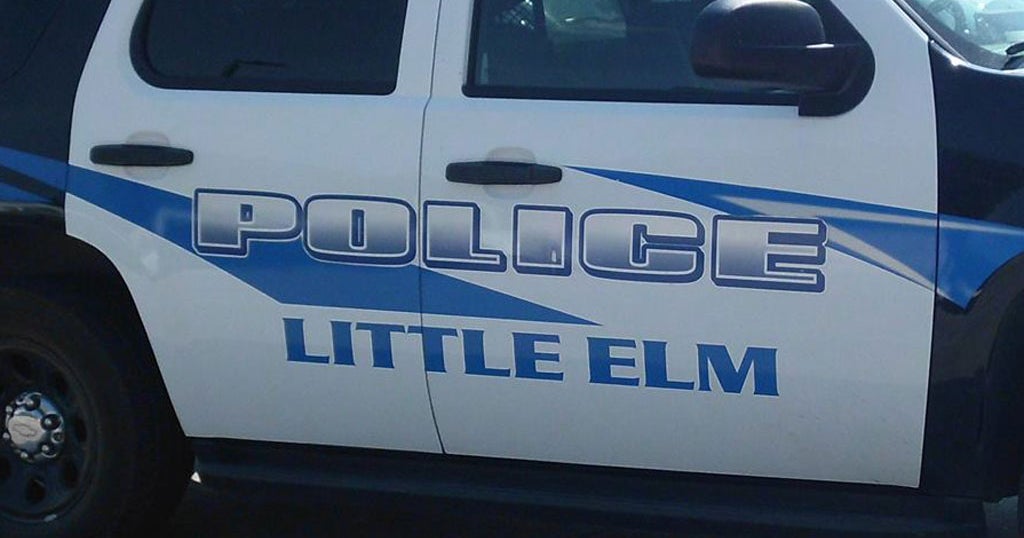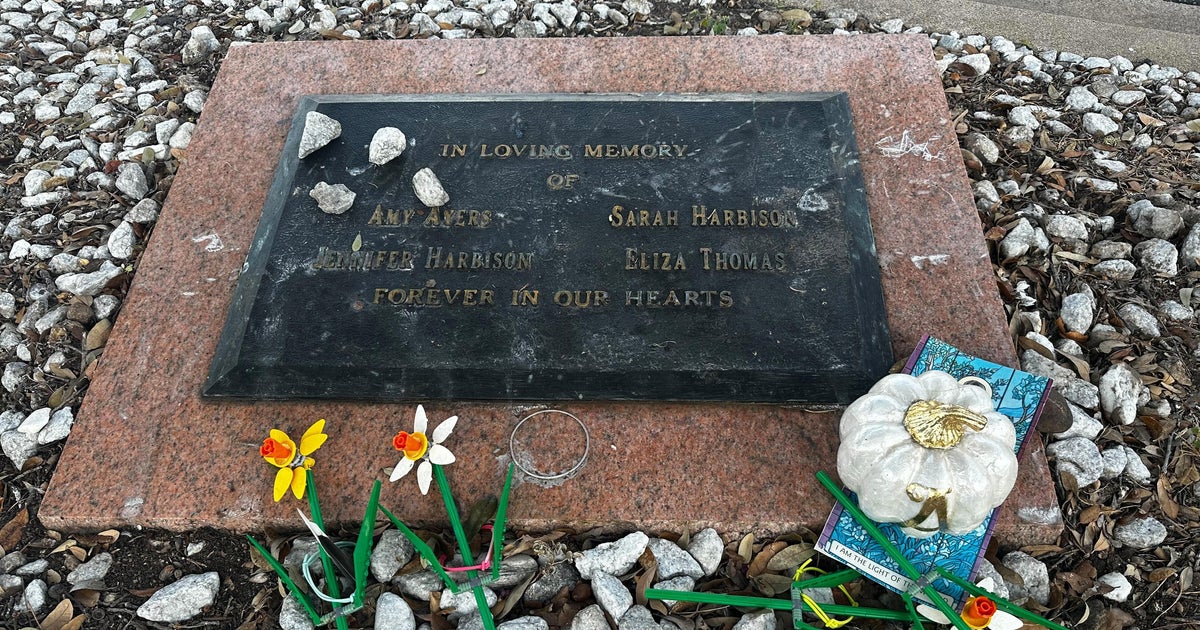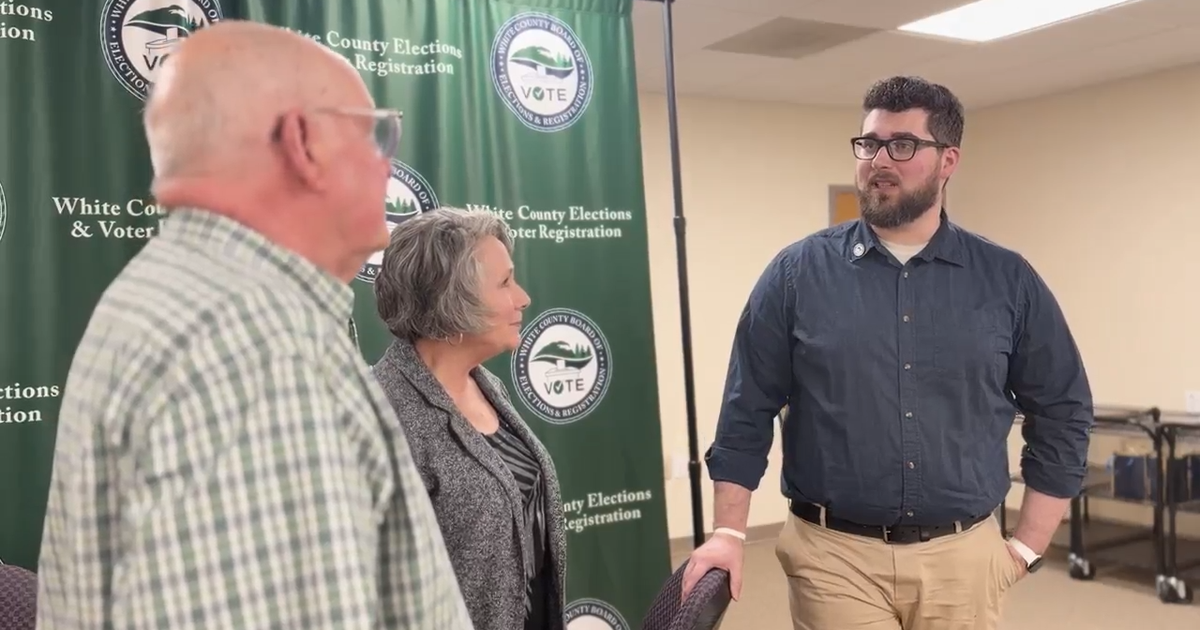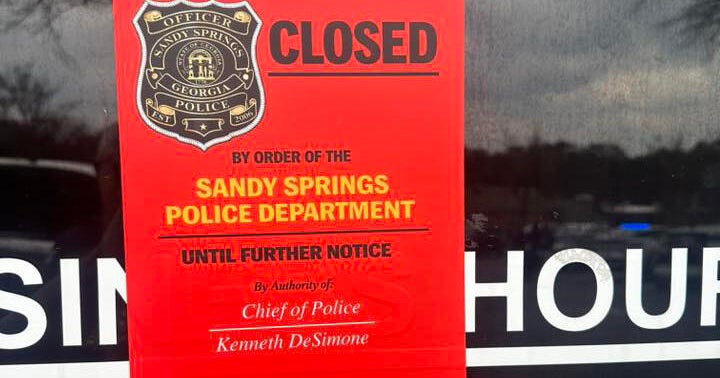Texas takes steps to protect parents from wrongful child abuse accusations
FORT WORTH (CBSNewsTexas.com) - Major changes go into effect next month on how child abuse investigations in Texas are conducted. New state laws are supposed to better protect the rights of parents being investigated for abuse and prevent children from wrongfully being removed.
"There is tremendous damage on children, and parents as well, but especially on children when they are removed falsely," said Texas Representative James Frank, the chair the Texas House committee that oversees the Texas Department of Family and Protective Services.
But some child advocates worry these changes could unintentionally put some children at risk by keeping them in unsafe situations longer.
"That's what keeps me up at night. It scares me," Frank said. "There are not perfect answers."
In December 2020, Holly Simonton took her two-year-old son, Hudson, to a Cook Children's urgent care to have a small – but unusually hard – bump on his stomach checked out. Simonton and her husband were worried that when they were playing "airplane" with their son, he may have dislocated a rib.
Within minutes of arriving at the urgent care, Simonton said was blindsided with accusation of child abuse. Her family was then referred to the hospital's child abuse team.
A doctor at Cook Children's Hospital in Fort Worth told Simonton the quarter-size bump on her son's stomach was just a bruise – like a goose egg. Medically, he told her, there was nothing to worry about.
But for months, long after the bruise went away, Simonton did worry. She worried about Child Protective Services taking her son. She worried about the hospital's abuse investigation that Simonton said she was misled and lied to about.
Cook Children's Hospital declined the CBS News Texas I-Team's request for a comment.
Simonton's story is not unique.
Dozens of other Texas families have shared, either online or in testimony to state lawmakers, how an accidental injury to their child was mistaken for child abuse.
In some cases, these wrongful accusations led to the state taking children away from their parents and placing them in foster care.
After her experience, Simonton started the Parents Behind the Pinwheels Facebook group where parents across the country shared their stories about being falsely accused.
In April, children's hospitals across the country display pinwheels for National Child Abuse Prevention Month. Each pinwheel often represents a child abuse visit by the hospital staff – including visits where no abuse was found.
"It's triggering and emotional to see because I know one of those pinwheels was for us," Simonton said. "Child abuse is just heartbreaking, devastating and unacceptable but what is also unacceptable is wrongfully removing children from loving parents."
This year Texas lawmakers passed a bill requiring parents to be notified if they are being investigated of child abuse. State lawmakers also eliminated anonymous child abuse tips.
During the previous Texas Legislative session, lawmakers passed a bill that gives parents the right to seek a second medical opinion in suspected abuse cases.
"Parents rights are paramount in a lot of those cases," said Dr. Suzanne Haney, the chair on the Council of Child Abuse & Neglect for the American Academy of Pediatrics.
Haney, who works as a child abuse pediatrician at the Children's Hospital in Omaha, said honest open communication by hospital staff with parents is key, but she is concerned with any new law that could potentially slow down the system – keeping kids in foster care longer than needed and, at worst, miss kids who are truly in danger.
"Diagnosing child abuse is not black and white and it's not easy," she said.
In Texas, child abuse can be reported by calling 1-800-252-5400 or online through the Texas Child Abuse Hotline website.











